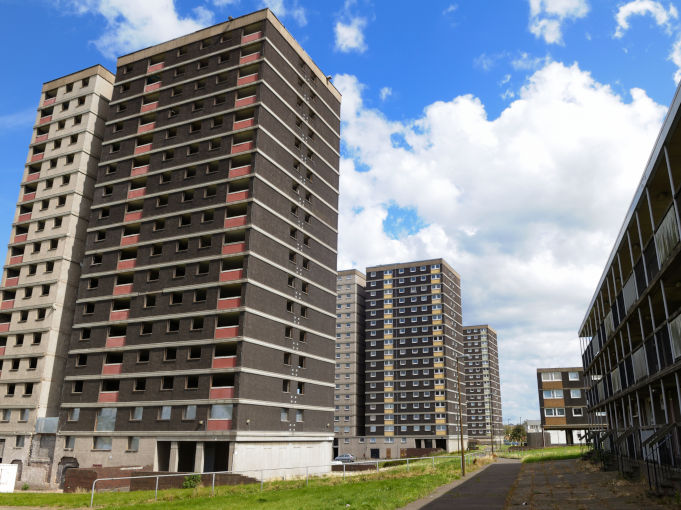
With Brexit negotiations rumbling on, we still don’t know the full implications of Britain’s exit from the European Union and what it will mean for the fire-safety industry in the UK. Ian Moore, CEO of the Fire Industry Association, reported at the end of last year that Brexit could affect Britain’s fire industry in the future in a number of ways. Namely,
- Immigration (skilled and unskilled workers)
- Relationships with EU members
- Exchange rates
- Standards / certification
- Tariffs on imports and exports into EU
There are clearly some concerns about the outcome of Brexit. Importantly, the fire industry is linked to construction, and that sector relies heavily on migrant workers.
Moore is, in the main, positive about what the future holds for the fire safety industry in a post-Brexit world, but agrees that a skills shortage in the construction sector could have knock-on effects on the fire industry. Moore also points to the slide in sterling since Brexit, which has implications for companies buying-in systems, components or services from overseas.
In terms of fire safety product standards, Moore is hopeful that Brexit will enable the UK National Standards Body, BSI, to easily re-assert themselves on the world stage. BSI state that they will currently maintain the UK’s membership of the three European standard organisations (CEN, CENELEC and ETSI).
Post Brexit it is BSI’s ambition to retain membership of CEN and CENELEC as these are both private organisations outside of the EU. Membership is linked to the adoption of EU standards and the withdrawal of conflicting national standards. BSI state that remaining a full member of CEN and CENELEC would bring maximum benefit to the UK economy and society.
In terms of fire safety standards and building regulations, Labour MEPs are calling on the government to ensure EU standards on fire safety are implemented in the UK and maintained after Brexit. Neena Gill MEP, who instigated the EU plenary debate on fire safety in buildings, is confident the EU can and will play a key role in preventing tragedies like the Grenfell Tower fire ever happening again.
She also said, “It is beyond shocking that instead of seeking to enforce and strengthen these regulations, the UK government-backed ‘Red Tape Initiative’ was considering whether to class life-saving EU fire safety regulations as “expensive and burdensome red tape folly” that should be abandoned after Brexit.” The government-supported initiative to cut red tape and dismantle EU regulations on the fire safety of cladding came before the Grenfell tragedy.
With fire safety at the forefront of everyone’s minds following the Grenfell fire, it would surely be political suicide for any government to now renege on fire safety laws as opposed to strengthening them.
Those in the fire industry continue to campaign for higher standards and to raise the profile of fire safety issues. We at Applications Engineering are wholeheartedly behind those keeping fire safety on the political agenda. We will continue to support those actively working to make sure Brexit doesn’t lead to a relaxation in fire-safety standards and regulations in the future. As well as effective building regulations, we believe fire sprinklers should be a mandatory requirement for fire safety in all buildings.
Filed under: News